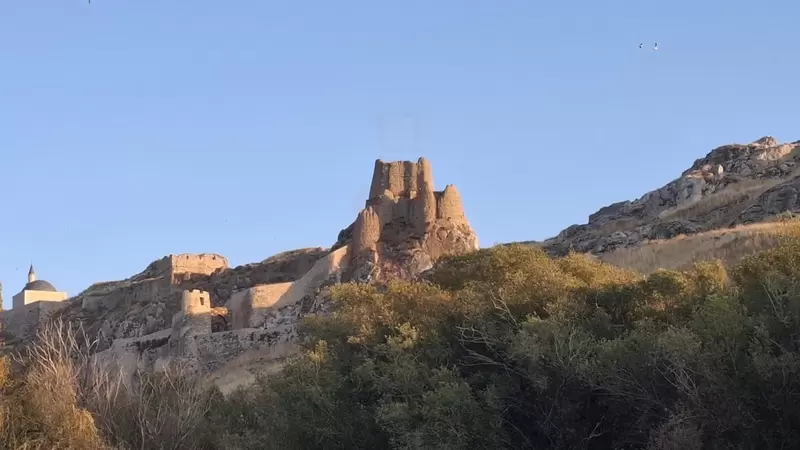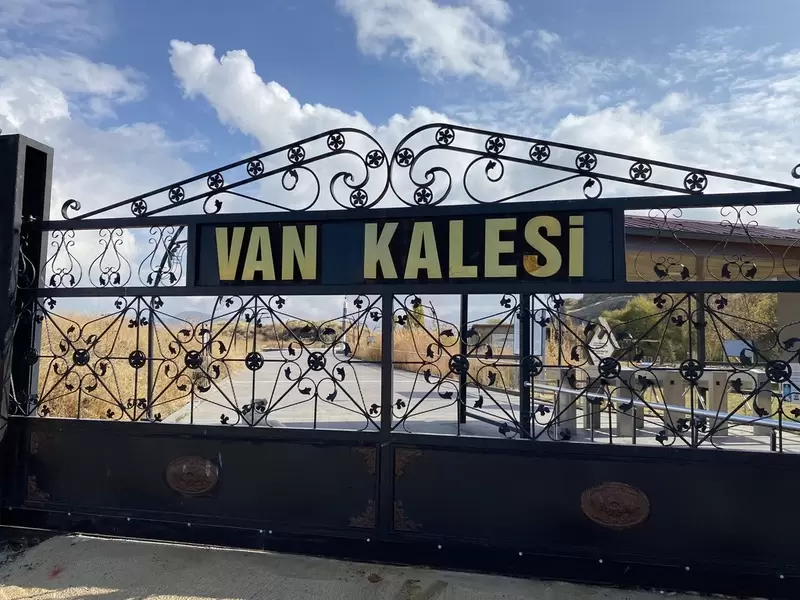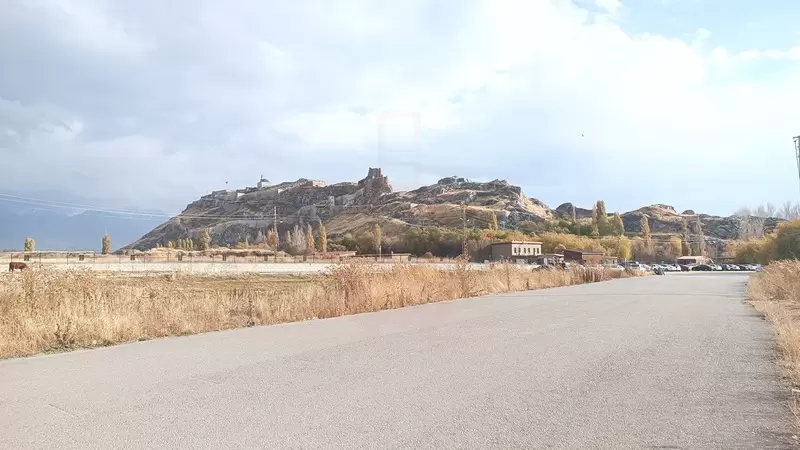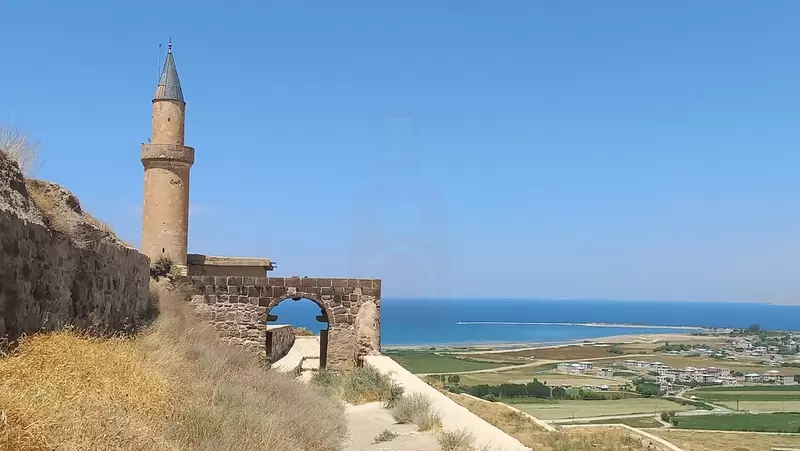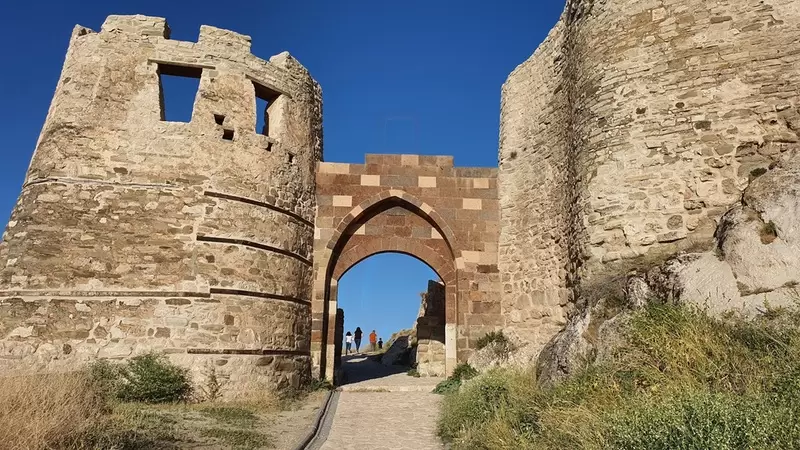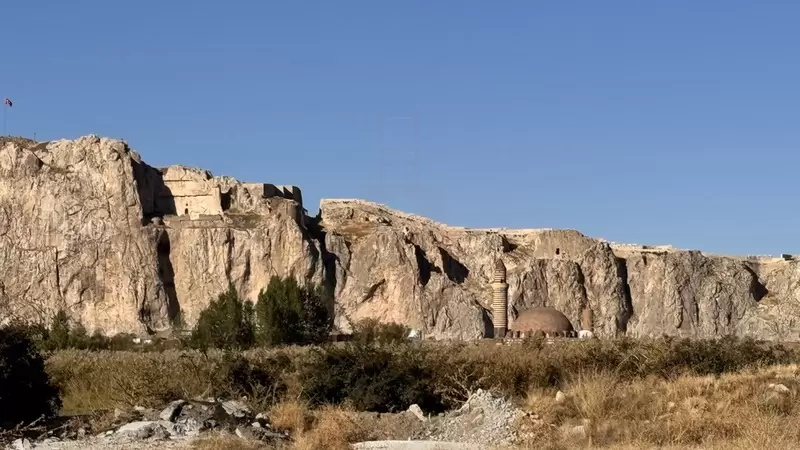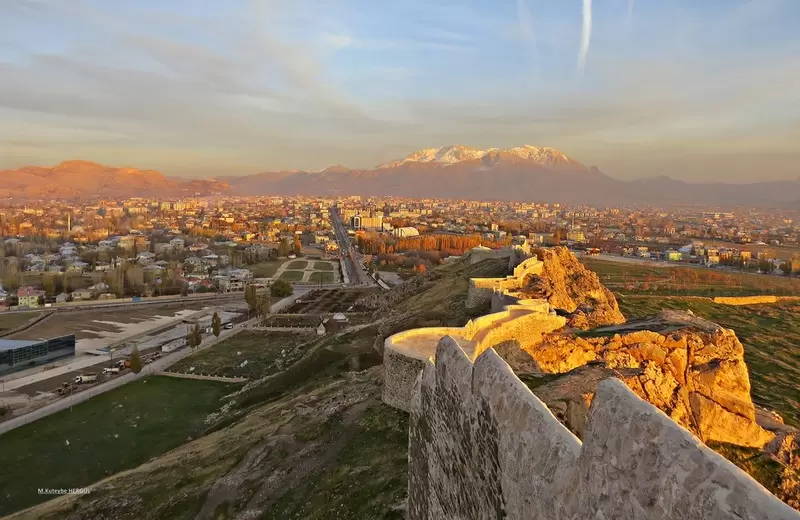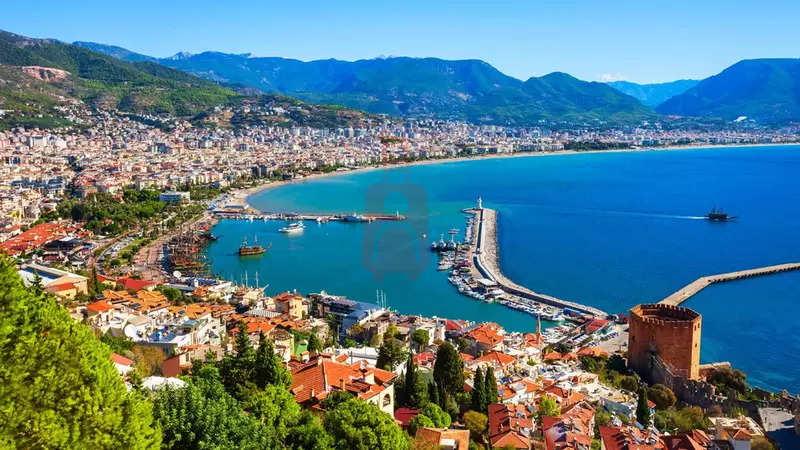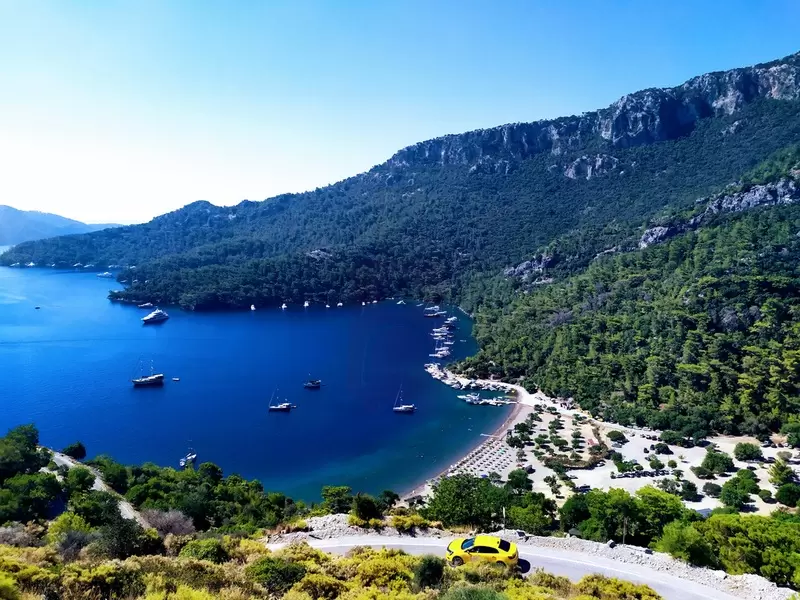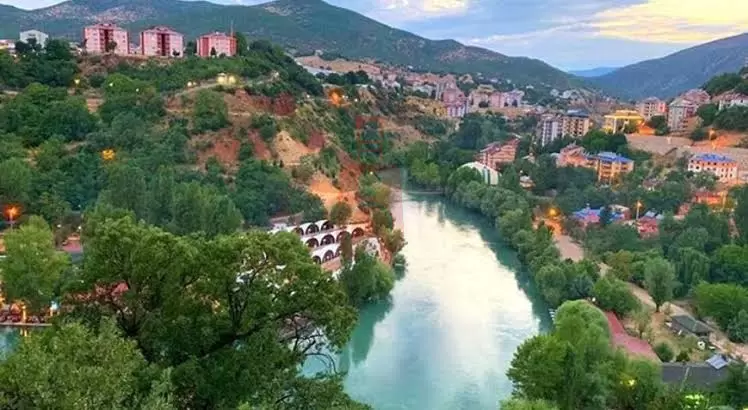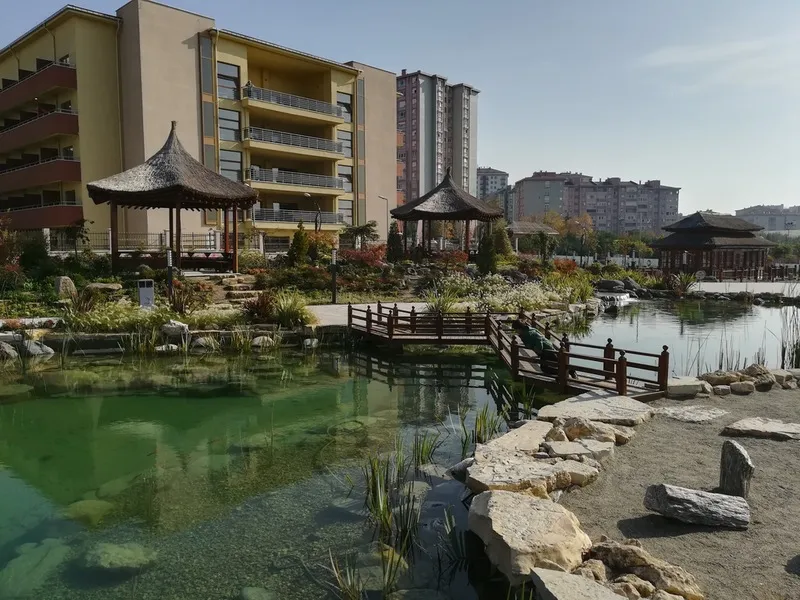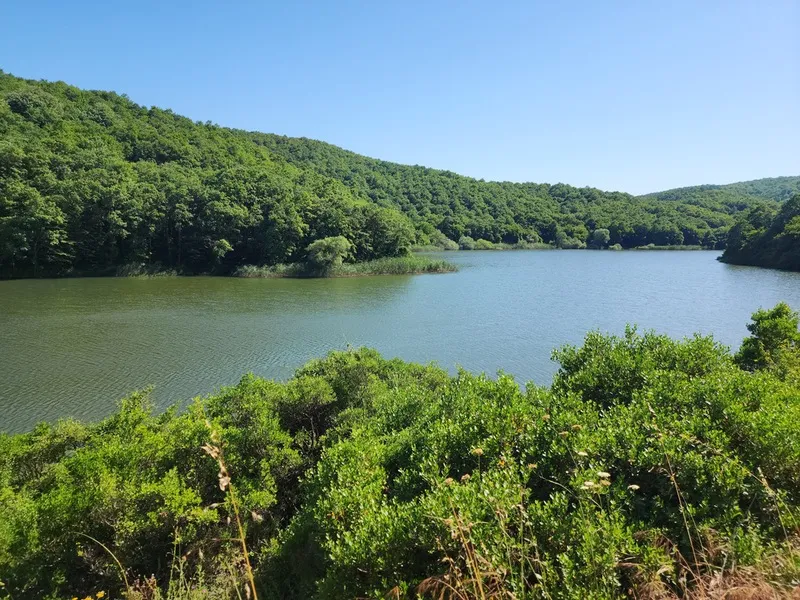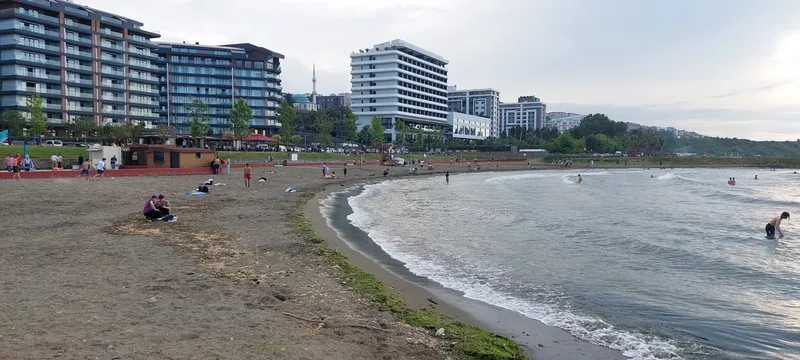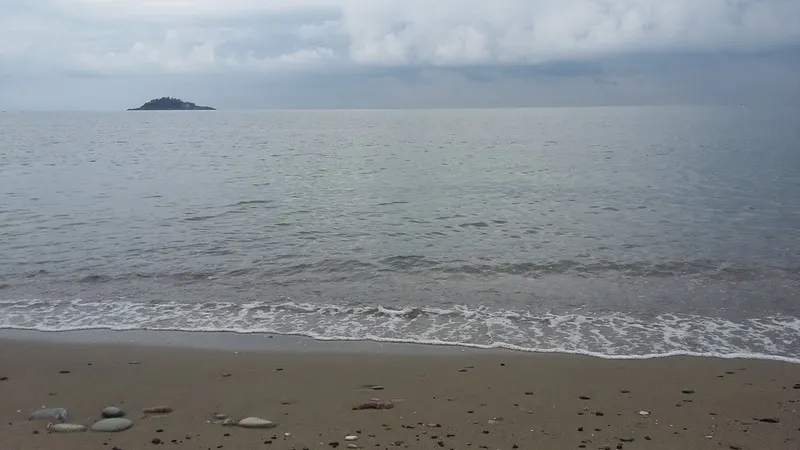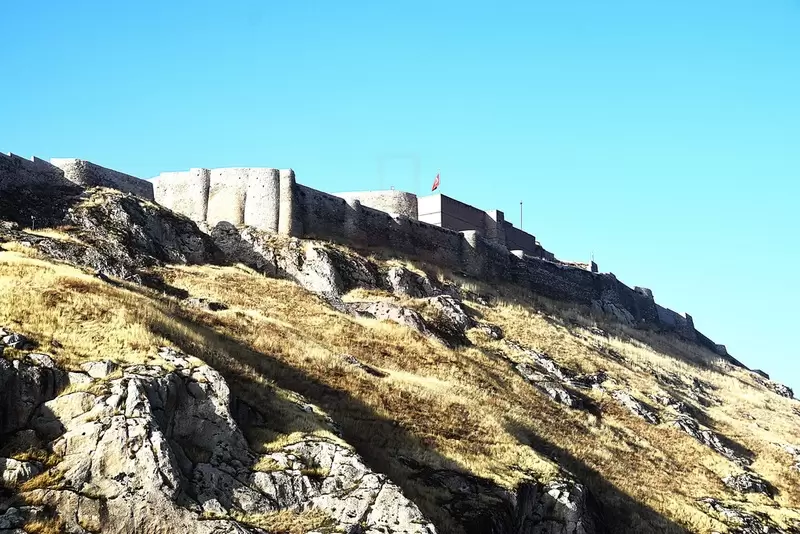
Van Castle, also known as Van Fortress or Van Citadel, is an ancient fortress located in the city of Van in eastern Turkey. It holds significant historical and archaeological importance and is considered one of the largest and most well-preserved fortifications in the country.
The origins of Van Castle can be traced back to the Urartian civilization, which flourished in the region during the Iron Age (9th to 6th centuries BC). The fortress was built as a defensive structure on a hill overlooking the city of Van and the surrounding area. It served as the capital of the Urartian Kingdom and played a vital role in protecting the kingdom's political and cultural center.
Van Castle is characterized by massive stone walls and towers, showcasing the architectural prowess of the Urartians. The fortress occupies a vast area and includes various structures and sections, such as the main citadel, lower town, and outer walls. Within the castle complex, you can find remnants of palaces, temples, residential areas, and other architectural elements.
Over the centuries, Van Castle witnessed the rise and fall of different civilizations, including the Persians, Armenians, Byzantines, and Ottomans. Each civilization left its mark on the fortress, resulting in a unique blend of architectural styles and cultural influences.
Today, Van Castle is a popular tourist attraction and a UNESCO World Heritage Site. Visitors can explore the castle grounds, walk along the walls, and admire the panoramic views of Lake Van and the surrounding landscape. Excavations and restoration efforts have been ongoing at the site, shedding light on the rich history and cultural heritage of the region.
To learn more about Van Castle and its historical significance, I recommend visiting the Van Castle page on Wikipedia or referring to other reputable sources on ancient Anatolian civilizations.
